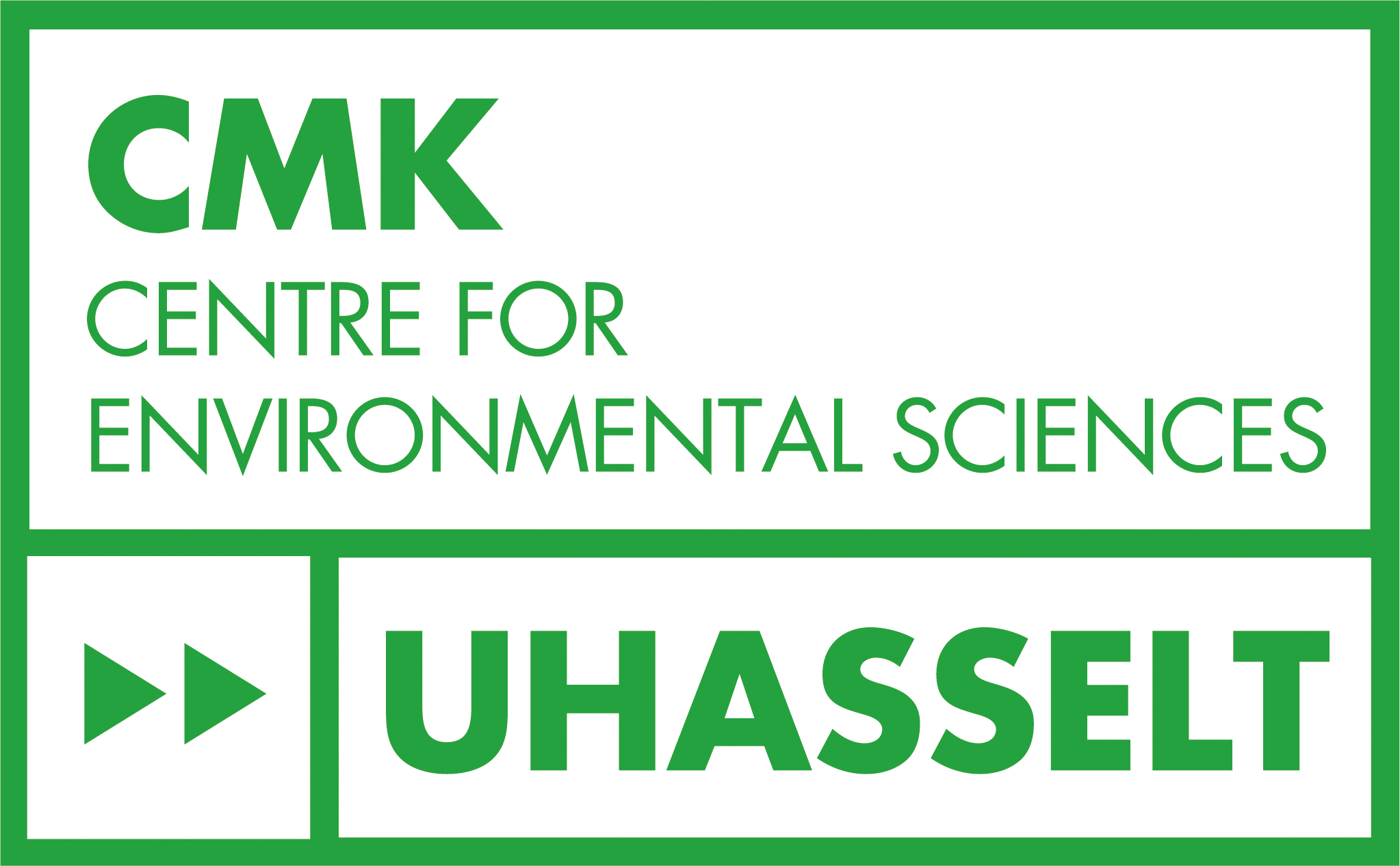Lecture on health and planetary emergency with Prof. dr. Jordi Sunyer
COVID-19 pandemic is an example of how human health results from systemic imbalances of multiple interdependent causes related to the planetary limits and the global sustainability. The seminar will review the history of sustainability, discuss whether it is sustainable and how "Planetary health" can be an opportunity to think about health from the biophysical limits of Earth and the emergency.
We would love to welcome you to the lecture. Registration is required!


This event has already taken place.
About Jordi Sunyer
Prof. dr. Jordi Sunyer is research professor at ISGlobal, in Barcelona. Next to it, he is a professor in Preventive Medicine and Public Health at Pompeu Fabra University. He is the founder and chair of the INMA and BiSC birth cohorts in Spain and principal investigator of several international studies including the ERC Advanced Grants BREATHE "BRain dEvelopment and Air polluTion ultrafine particles in scHool children" and AIR-NB "pre-natal exposure to urban AIR pollution and pre- and post-Natal Brain development".
He has an extensive experience in the area of respiratory and neurodevelopmental epidemiology and the founding and coordination of birth cohorts in Spain as well harmonization of birth cohorts in Europe. Specifically, he has over 25 years of experience conducting research aimed at defining the pre-natal and early life exposure contribution to the child health.
His work has included study design, methods development, ascertainment of study cohorts, and statistical analyses. He has a demonstrated record of successful research in the area of the effect of POPs, hormonal disruptors and air pollution on asthma, lung function, obesity and neurodevelopment in children, with around 700 scientific articles, cited more than 30,000 times; and a great activity for the translation of these findings into prevention producing reports, guidelines and recommendations for WHO, for the UN-IPCS programme and in government commissions.
